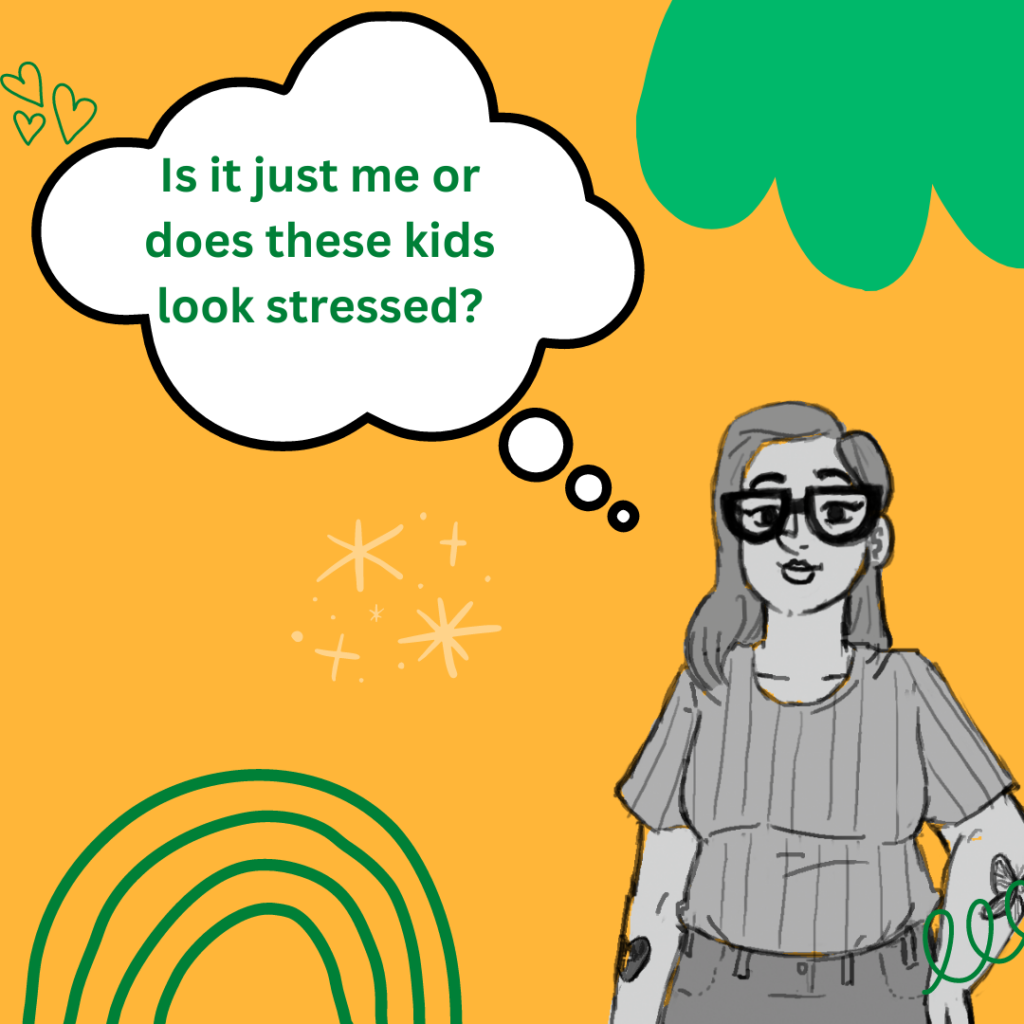Breaking the Parenting Myth to Build a Stronger Bond with Your Kid
Parenting might seem like a smooth and easy journey, but is it? It might sound challenging for many parents, but the good news is that with a few tactics and strategies, building a stronger bond with your kids can become easy.
Parents often find it challenging to deal with their children’s cranky moods, tantrums, or disobedience. They believe that these are behavioral issues of their children, which is not at all true. Children do not do anything intentionally; they do what they learn. If parents do not teach children how to handle frustration, express emotions, and solve problems, how would they expect them to develop it in their behaviour?
Old Parenting Myths
Parenting strategies are generally transferred from one generation to another. Suppose a child is showing tantrums. What would a parent do? They would generally say,
“Go to your room,” “Stop talking back,” “You’ve lost your screen time.”
This might sound correct, but it is deeply flawed. Such a parental strategy may work for a short time, but they don’t help develop a child’s behavior in the long run. This parenting style might have worked in older times, but for today’s kids, it might fail badly.
New Approaches to Good Parenting
The most important technique for new-day parenting is “Connection Over Correction.” Various psychiatric hospitals and therapeutic schools are now relying on a new approach, i.e., a collaborative approach, which was developed by Dr. Ross Greene. The essence of this approach is ‘focus on solving the problem behind the behavior.’
Know-How of Collaborative Approach
This approach involves three major steps: Empathy, Calmness, and Solution.
- Empathy: The first step is empathy with your kids. Instead of lecturing them about their behaviour, start listening to them. Show concern towards your kids and ask them why they are behaving that way. Listen to them carefully to find out what is troubling them. This will show your child how much you care about them.
- Calmness: After understanding the problem of your child, calmly express your take on it. Reassure them that you are not asking them to punish them, but to provide a good solution. With this, your child will develop a feeling of togetherness with you.
- Solutions: After understanding the perspective of your kid and sharing yours, together find a solution. Consider your child’s solution and combine it with your answer to get a better solution. It will make your child understand that his opinion matters and that you care for him. The kid will start building problem-solving behavior in his character.
Traps where Parents are Stuck
Sometimes, even after continuous efforts, parents get trapped in various patterns that might deeply affect the relationship between a parent and a child.
- Defiance: When a kid does not make eye contact or says ‘I don’t care,’ parents easily assume that the kid is disrespecting them. Although it is not a sign of disobedience, it is a sign of emotional overwhelm. Such behavior is generally observed in kids who are often corrected or shamed by their parents. With repetitive criticism by parents, kids start developing a feeling that the environment is not safe for them to open up.
- Over-expectation from your child: Another reason for feeling trapped by parents is over-expectation. Parents generally assume that their children should already know how to behave in every situation, but it is the parents’ responsibility to teach them the skills with empathy and calmness. It’s just like asking your child to speak French without giving them the basic knowledge of French.
- Building Connection is Time Consuming: Most of the parents consider that the collaborative approach is very time-consuming, which is correct to some extent, but so is the case with parents’ other techniques, like yelling or punishing. The brighter part of the collaborative approach is that it will develop good behavioral patterns in your child for the long term. Whereas yelling and punishing will leave a negative effect.
Getting Out of the Trap
Many parents might believe that considering this approach is like blaming themselves, which is not at all true. It is not about blaming, but about freeing yourself from old techniques and adapting to the changes.
You might regret yelling at your child or bribing them for good behavior. Don’t worry! It is the case with most of the parents. The positive side to this is that now you know what the next step is.
Dagmara Sitek, on her YouTube channel Courage Tales, has uploaded various videos where she shares tips and tricks of good parenting.
Parenting is a challenging task, but when you know how to do it right, it seems easy.




